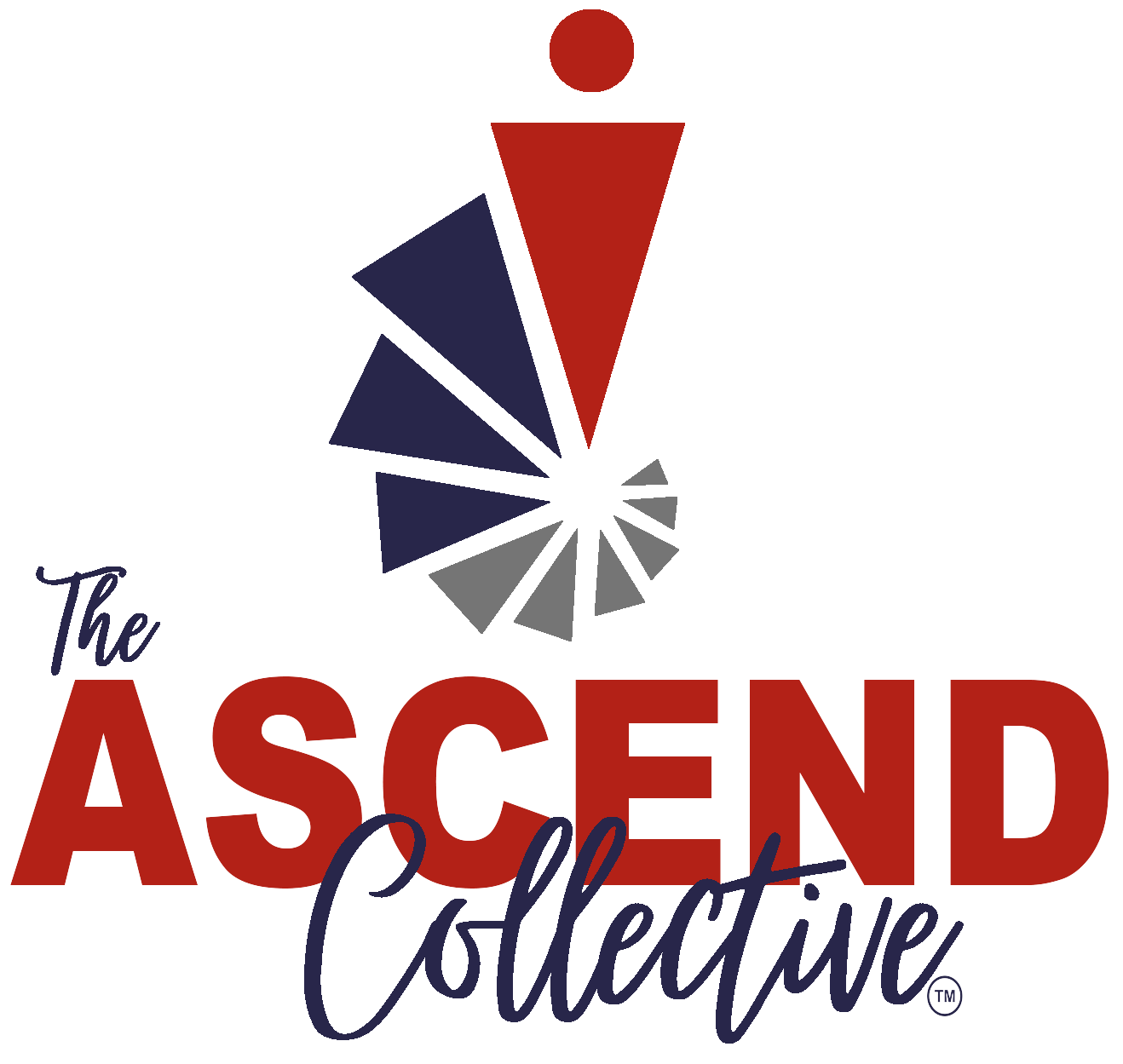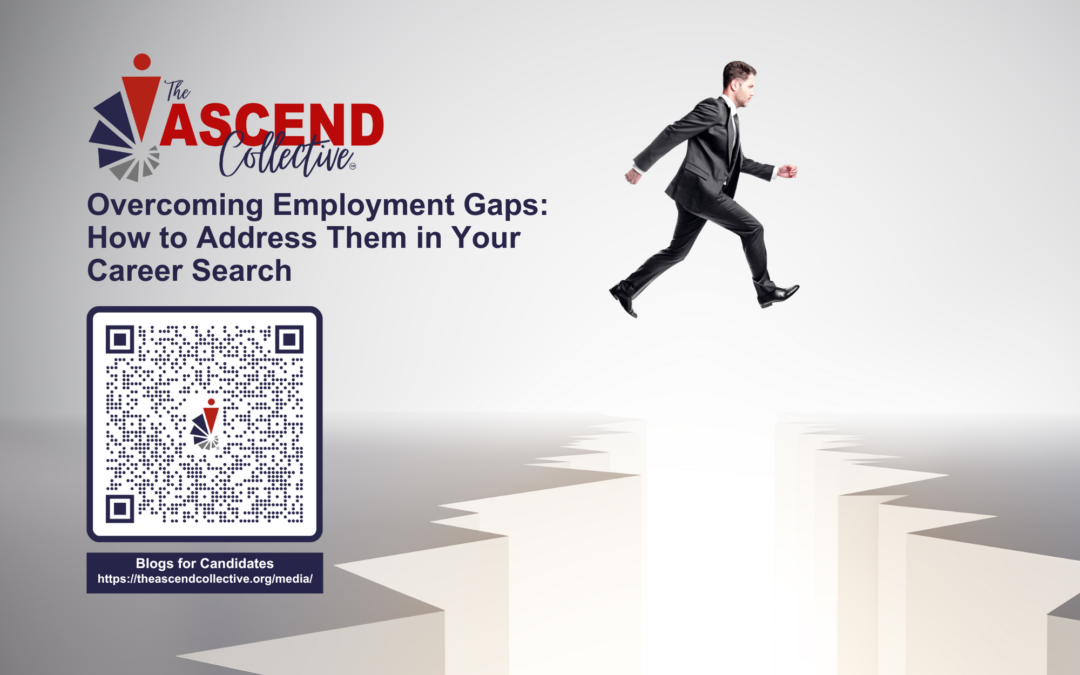Employment gaps are more common than ever, yet many job seekers still worry about how these pauses will be perceived by potential employers. Whether due to caregiving, health challenges, education, or economic downturns, these breaks do not have to be a barrier in your career search. With a strategic approach, you can showcase how these periods were valuable times for growth, learning, and skill-building.
Here’s how to effectively address employment gaps during your job search:
Be Honest and Transparent
When discussing an employment gap, honesty is crucial. Employers appreciate openness, and a straightforward explanation can build trust. More often than not, employers are willing to understand gaps in employment when they are presented with confidence and clarity.
Example: “I took a year off to focus on family responsibilities, during which I developed my time management and organizational skills, enhancing my ability to manage priorities effectively.”
Highlight Skills and Experiences Gained
An employment gap can be an opportunity to gain new skills or experiences that make you an even stronger candidate. Did you engage in volunteer work, complete online courses, or manage a personal project during this period? Highlighting these experiences can show that you remained proactive and committed to personal growth.
Emphasize transferable skills: If you volunteered, mention leadership, communication, or project management. Any self-study or courses demonstrate dedication to continuous learning.
Show Proactive Engagement
Employers are often impressed by candidates who stay active in their field, even during a break. This could mean taking part in webinars, attending industry events, or keeping up to date with trends through reading or certifications.
Example: “During my career break, I stayed connected to the industry by participating in online conferences and completing coursework in data analysis, which kept my skills fresh and expanded my expertise.”
Be Prepared to Discuss the Gap in Interviews
During the interview, be prepared to talk about your employment gap in a way that frames it positively. Employers may want to know what you learned during that time and how you are ready to transition back to work.
Tips for effective responses:
- Keep your explanation concise and positive.
- Focus on what you gained during that time and how it’s relevant to the job.
- Practice your answer ahead of time to convey confidence.
Sample response: “I took a break to focus on personal matters, during which I maintained my industry knowledge through online courses and freelancing. This experience helped sharpen my problem-solving skills, and I’m excited to bring this fresh perspective to the team.”
Network and Leverage Connections
Networking can be particularly beneficial when addressing employment gaps. Building and maintaining professional relationships can open you up to job opportunities where you can explain your experience more personally. A strong referral from a trusted connection can reassure hiring managers and help them look beyond any gaps.
Tips for networking:
- Reconnect with former colleagues or mentors.
- Attend industry meetups and professional group events.
- Use social media platforms like LinkedIn to engage with industry leaders and peers.
Stay Informed and Current
One of the most effective ways to show potential employers that you’re ready to return to work is by demonstrating that you’ve kept up with your industry. Whether it’s subscribing to relevant publications, joining professional groups, or following industry news, staying informed helps you re-enter the workforce confidently.
Example: Bring up recent industry trends or topics in conversations with potential employers to show your knowledge and passion for the field.
Conclusion
Employment gaps don’t have to be a hurdle in your job search. By being transparent, highlighting skills gained during the gap, and demonstrating proactive efforts to stay engaged with your industry, you can present yourself as a capable and ready candidate. Remember, employers value resilience, adaptability, and growth just as much as they value experience. Confidently showcasing how your career break contributed to your development can turn potential concerns into a compelling narrative that underscores your strengths.

